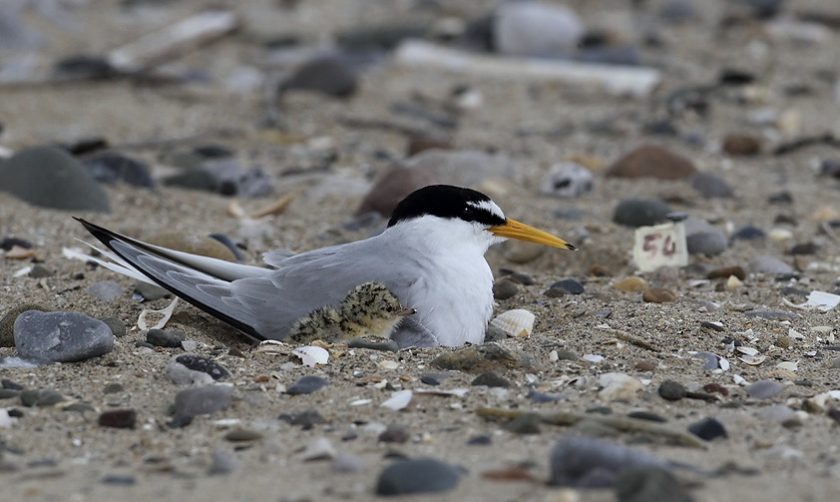Avian flu risk has seen RSPCA stop taking in injured seabirds

Thousands of seabirds are dying from bird flu at some of the UK’s most important seabird colonies.
The RSPCA has said that avian influenza has become such a serious problem this summer and there are high levels of morbidity and mortality, particularly in seabirds around the coast.
The impact of bird flu is affecting what support the charity can provide on the ground.
As part of its measures to help stop the spread the RSPCSA advising the public not to bring sick birds into its rescue centres as “staff will not be able to admit them due to the potential risk they could pose to the animals already in the charity’s care.”
People are also being told not touch or pick up any dead or visibly sick birds.
RSPCA vet Jocelyn Toner said: “Bird flu is having a devastating impact on wild birdlife across the country and our teams have been busy responding to calls about sick birds and doing their best to seek help for as many as possible.”
“It’s been devastating for our volunteers, vets and staff – who work for the RSPCA because they love animals – to see so many birds perishing due to this awful disease.”
“Now it’s important that we follow the Government’s advice and act to try to slow the spread and keep as many of our birds as safe as possible.”
What birds are affected?
Bird lovers can continue to feed garden birds.
Defra and the UKHSA advises that common garden bird species which are not showing signs of sickness can be handled because although avian flu remains a problem in the UK, the risk of avian flu in common garden bird species such as finches, sparrows, tits, warblers, robins, wrens, swallows as well as pigeons is very low.
An RSPCA spokesperson said: “The spread of avian influenza is having a massive impact on the welfare of birds across the country.”
“It’s a deadly disease as there is no cure and it spreads very fast through certain wild bird populations, as has been seen recently around coastlines with, for example, multiple deaths of sea birds such as gulls, auks, terns, cormorants, shearwaters, gannets and fulmars.”
“Our primary role is to alleviate the suffering of animals in distress. We will always try to respond to calls about sick and injured animals where possible and deal with them compassionately and appropriately.”
- Report any dead birds to Defra (03459 33 55 77 – please select option 7); more advice is available on the Defra website;
- To help baby birds, see the RSPCA online advice;
- Check the RSPCA advice online if you find a healthy young bird found out of its nest: you wont need to in most cases they may not need help;
Spotted something? Got a story? Email: [email protected]
Latest News
